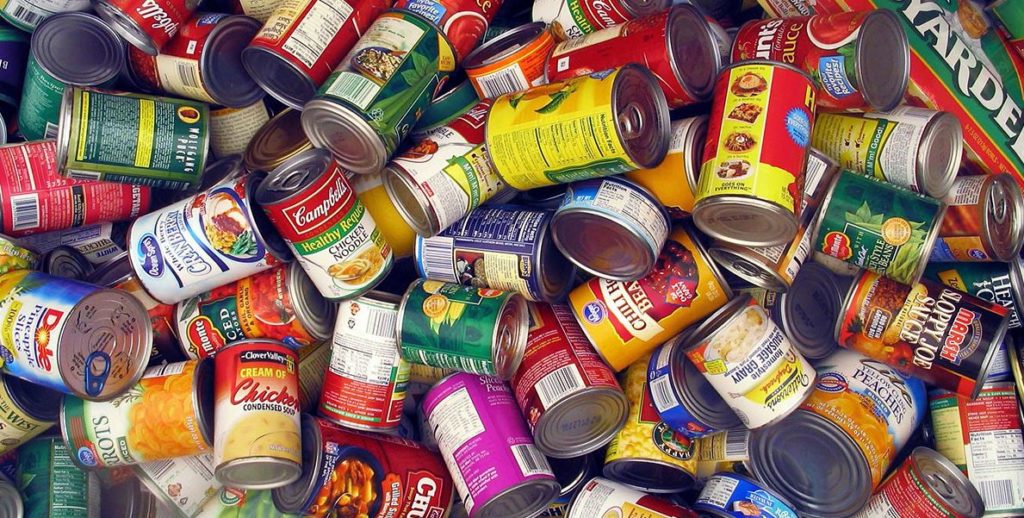By Micaela Ricaforte
The Los Angeles City Council unanimously voted Aug. 11 to prepare an ordinance that will require people to show proof of at least partial COVID-19 vaccination to enter public indoor spaces in the city, including restaurants, bars, gyms, entertainment venues, and retail stores.
The ordinance is more restrictive than a policy recently enacted in New York City, which focuses more on entertainment-oriented public spaces such as restaurants, gyms, and entertainment venues, and excludes retail stores.
The motion was introduced last week by Council President Nury Martinez and Councilman Mitch O’Farrell.
“It’s our responsibility to protect the public, that includes protecting them from the unvaccinated,” Martinez said in a statement. “The decision to not get vaccinated doesn’t just affect you. We have kids under the age of 12 who are not eligible for the vaccine yet, and someone’s decision to not get vaccinated affects them as well.”
“Instead of fighting science, we should be fighting the virus,” O’Farrell said in a statement. “The data is clear: vaccines are safe and effective.”
O’Farrell went on to say the ordinance could potentially ward off an economic shutdown. During the meeting, O’Farrell called choosing not to get vaccinated against COVID-19 “immoral,” saying some people choose to “listen to some delusional rant on Twitter.”
A number of Los Angeles residents called into the council meeting to oppose the ordinance. Some expressed distrust in the vaccines, while others claimed requiring proof of vaccination is a form of discrimination or segregation.
Resident Elizabeth Elliott, who called into the meeting to give public comment, disagreed with O’Farrell on both the ethical and economic impact of the ordinance, saying it is “unethical to force” people to inject a vaccine into their body.
“People should have medical freedoms to research and make their own health decisions. We as citizens have a right to privacy, especially with our health information,” Elliott said.
“This ordinance will be detrimental to our economy as well. If 30 percent of people are unvaccinated, then that means businesses who are still struggling from the government shutdowns to stay afloat will likely lose 30 percent of their customers or worse; in some communities, people will lose 50 percent of their customers.”
